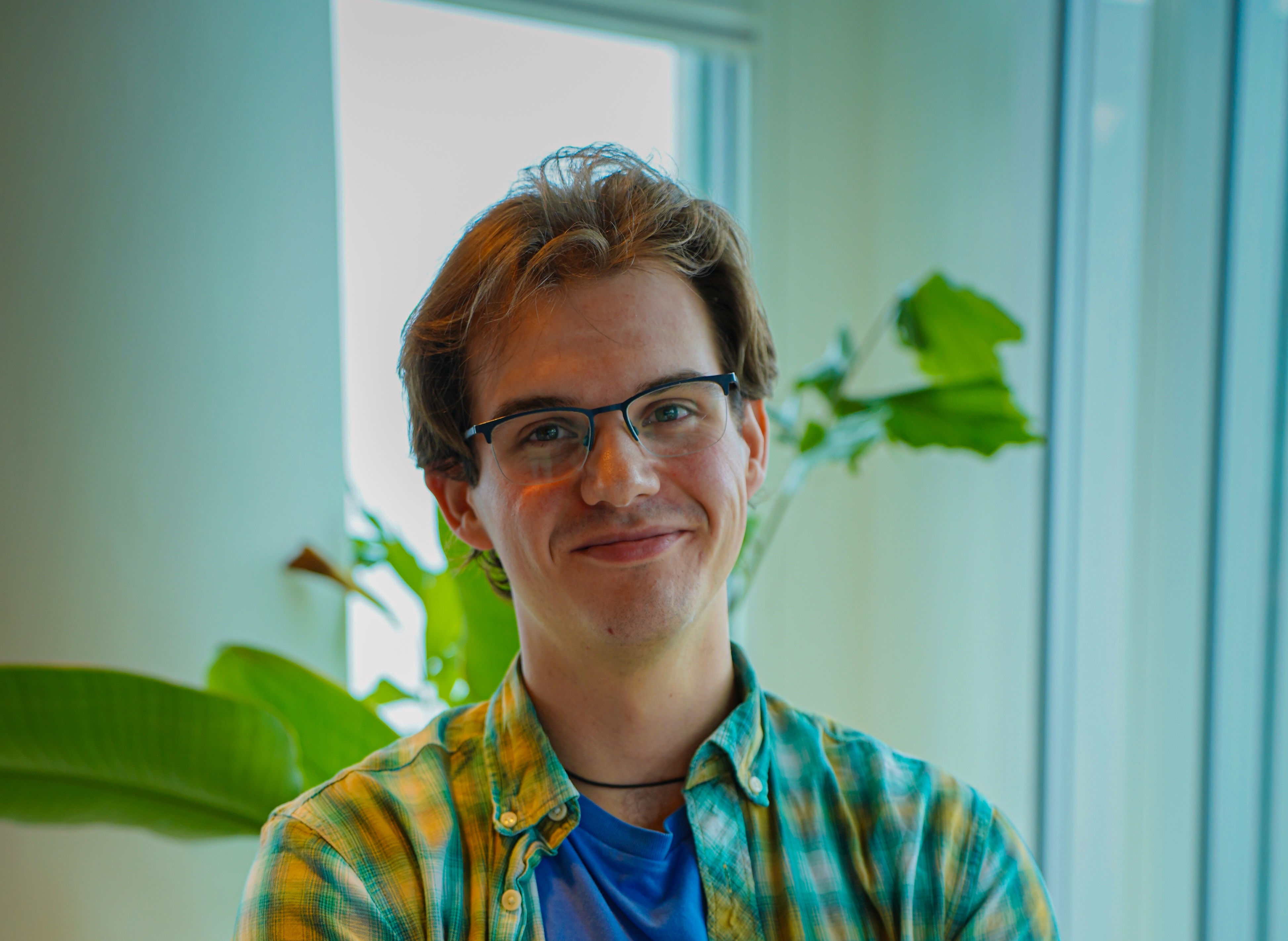Bas van den Berg appointed associate lecturer: Learning for regeneration
22 January 2024
The Center of Expertise Mission Zero already counted with two Associate Professors: Anja Overdiek and Baldiri Salcedo Rahola. From January 2024, a third one will be appointed: Bas van den Berg.

I hope that by 2028 all of our students will be capable to contribute to the Earth’s restauration.
Since 2020, The Hague University of Applied Sciences has had Associate Professors. This autonomous position is a way to open a (new) line of research for further development. The Center of Expertise Mission Zero already counted with two Associate Professors: Anja Overdiek and Baldiri Salcedo Rahola. From January 2024, a third one will be appointed: Bas van den Berg.
Mission Zero aims to empower learners to co-create sustainable futures. To achieve that, we need to support the development of people who strive to contribute to that mission. Alongside the other (Associate) Professors, Bas will help tackle this challenge by focusing on Regenerative Education.
Regeneratie
''The way we all live on Earth now is transgressive. We consume too much. We need to start designing society and our lives differently,'' Bas said. To reverse such destructive systems, we need to opt for regenerative practices, which include both recovering and evolving into new possibilities.
Such line of work is key to achieve the overall mission of our Centre of Expertise. ''It is essential that we learn in formal and informal learning contexts how to equip people to contribute to restoring our bonds with each other, with life and with Earth,'' Bas continued.
Education (or formal learning)
Bas is actively involved in researching how regenerative principles can be integrated into all levels of formal education. To tackle this task, he wants to develop a pedagogical-didactic atlas. “I envision such an atlas a bit like the work of Brene Brown, where you have a reference book that doesn't have the answers for every unique pedagogical situation, but it has examples and options that can be adapted to what teachers and educators face on the regenerative path,” he explains. Through it he hopes to contribute to what Educational Philosophers call “the art of teaching educators”
Leadership (and informal learning)
Outside of the context of formal education professionals might sometimes not be keen in embracing and behaving according to a regenerative perspective. “We don't actually know very much yet about how this happens and what people run into when they do it. Both within themselves and in the systems in which they are interwoven. That offers a lot of opportunities for meaningful work,” said Bas.
A central question within this line of research is how can we make choices within the boundaries of our roles that can actively contribute to the recovery of the planet rather than its further degradation?
It’s mega exciting as a topic because it also very much relates to my own actions as an associate professor and professional.
Collaborative Learning
“These ambitions cannot be achieved by our research group alone. It can only be done in co-creation with a variety of other parties. I therefore hope that others will want to participate,” said Bas. At Mission Zero, we use the term co-habituative learning to refer to cases when learning operates as an ecological system, that can only be sustained by the interaction and collaboration of many players. Thus, we want to invite everyone to participate. Everyone is welcome!
Passionate
As Bas mentioned, “the challenge we are all facing of transforming the human presence on Earth is gigantic and sometimes intense. But it is an enormous privilege to be able to contribute to tackling it every day. I look forward to it!” The Centre of Expertise is proud to announce Bas’s new position and looks forward to a more regenerative future.